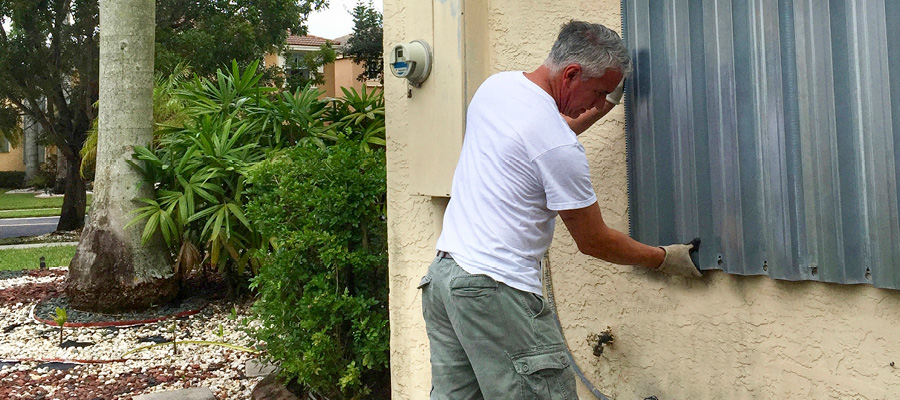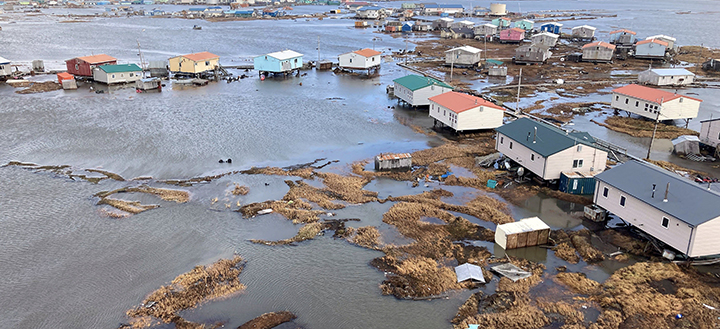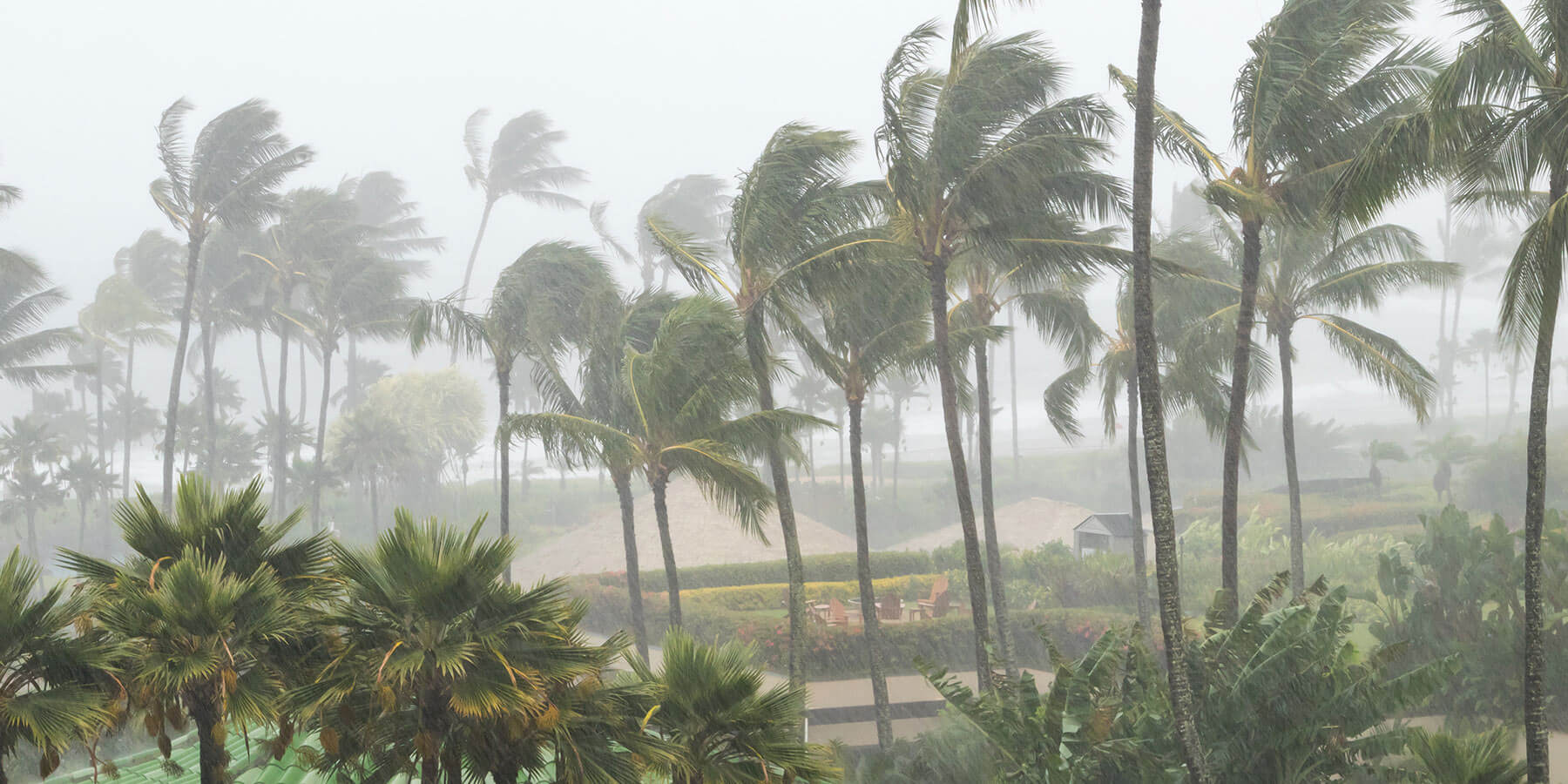Last Updates
Updated 10/07/2024 at 12:45 pm ET
- Current Status: Tropical Storm Kirk formed into Hurricane Kirk, and then weakened to Post-Tropical Cyclone Kirk.
- Movement: Kirk was seen moving northeast around 29 mph, with an east-northeastward motion expected during the next few days.
- Hurricane Warning: There were no hurricane warnings at the time of this update. While Kirk has formed into a hurricane, it was moving across the Central Atlantic, away from populated communities.
Hurricane Kirk was making headlines once again and it’s crucial to stay informed and prepared. Here, we’ll provide the latest updates on Kirk’s status, a brief history of its name, and essential preparedness tips to help you stay safe. Understanding the dynamics of such storms can make a significant difference in how you prepare and respond.
History of the Name Kirk
The name Kirk has a storied history in the realm of tropical storms and hurricanes. The World Meteorological Organization (WMO) is responsible for naming tropical storms, following a specific list that rotates every six years. The name Kirk was first introduced in 2012, replacing the name Keith, which was retired after the devastating Hurricane Keith in 2000.
Kirk’s appearances have been relatively mild compared to other storms. However, each instance of Kirk has shown unique characteristics, contributing valuable data to meteorologists and climate scientists. Understanding the historical context of storm names helps in tracking patterns and making more accurate future predictions.
Preparing for Hurricane Kirk and Other Storms
Preparation is your best defense against the adverse effects of tropical storms like Kirk. Here are some essential tips to ensure you and your loved ones stay safe:
Create an Emergency Kit
Having a well-stocked emergency kit is crucial. Include items such as non-perishable food, water, medications, flashlights, batteries, and important documents. Make sure your kit is easily accessible and everyone in your household knows where it is.
Stay Informed
Keep abreast of weather updates through reliable sources. Use weather apps, listen to local news, and follow updates from the National Hurricane Center. Knowledge is power, and timely information can help you make better decisions.
Secure Your Home
Take steps to protect your property. This includes boarding up windows, securing loose items outside, and ensuring that your roof and gutters are in good condition. These preventative measures can minimize damage and protect your home from high winds and flooding.
Having a Plan
Know your evacuation routes and have a plan in place for where you will go if an evacuation is ordered. Communicate this plan with all family members and help everyone understand their roles. Having a clear plan can reduce panic and ensure a smoother evacuation process.
Stay Connected
Make sure you have multiple ways to stay in touch with family and friends. Charge your mobile devices and consider having a backup power source. Staying connected will help you keep track of your loved ones and receive crucial updates.
Looking Ahead on Tropical Storms
By staying informed and prepared, you can mitigate risks and protect your loved ones. Remember, preparation is key to safety.
For more detailed information and continuous updates on Hurricane Kirk, turn to trusted weather channels and official announcements. If you’re looking to learn more about how to prepare for storms, consider consulting with emergency preparedness professionals who can offer personalized advice and strategies, or by visiting our Hurricane Resource Center.
Stay safe and take action now to be ready for whatever other tropical storms may bring.



